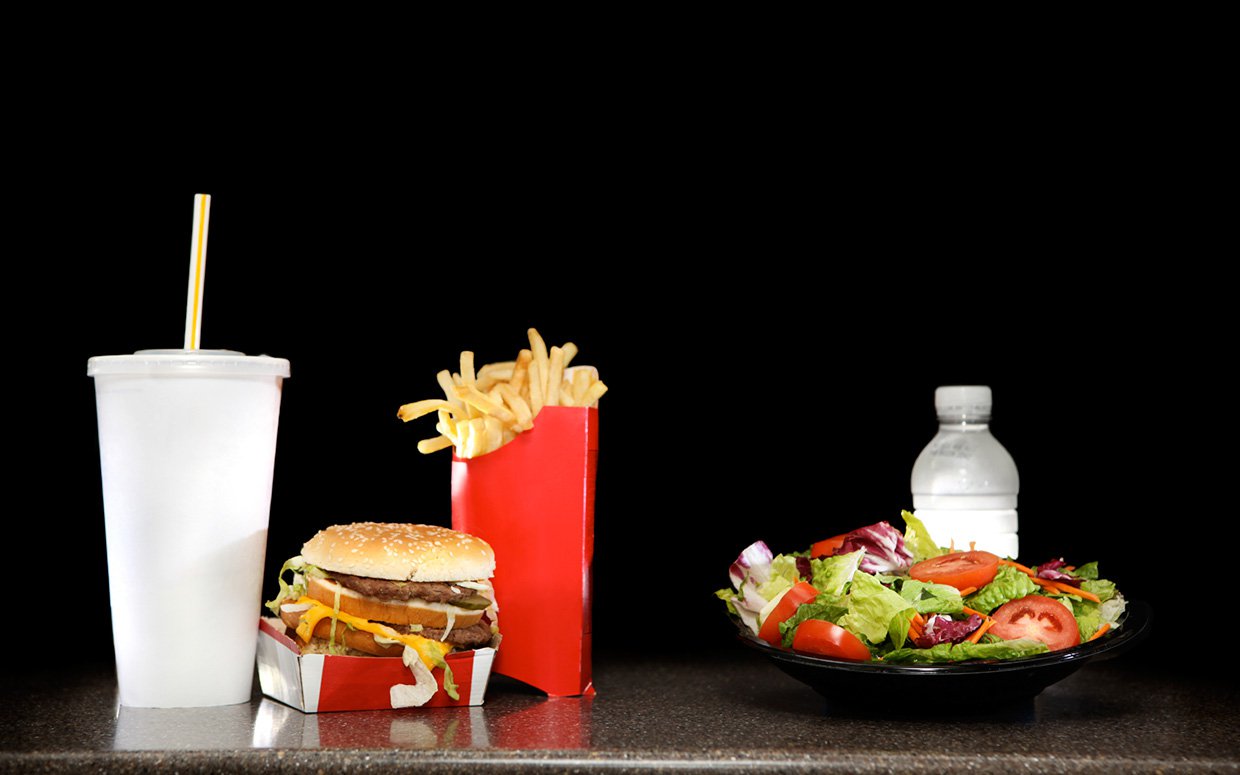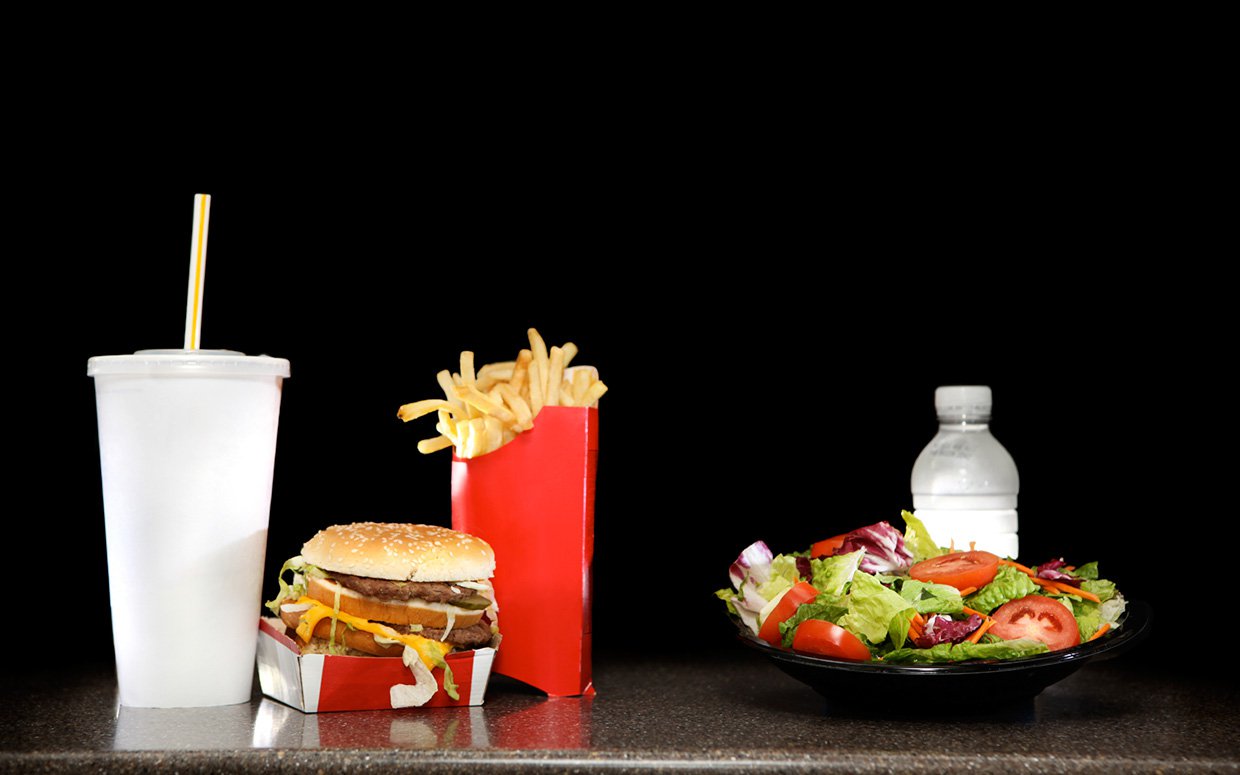Learn about brain health and nootropics to boost brain function
Mind over matter: How the brain says “no” to overeating



According to an interesting study conducted by researchers from The Rockefeller University, specific brain cells in mice curb their impulse to eat.
These cells help regulate memory. They are also an integral part of a larger brain circuit that encourages balanced eating habits.
The mental processes linked to feeding habits
Food is essential for survival, and animals have evolved tough physiological systems that attract them to food. These systems ensure that animals keep coming back for more nourishment.
Scientists have long considered feeding as a visceral and instinctive process. When animals see or smell an appetizing food, they will immediately consume it.
But the results of this study imply that certain mental processes affect animals’ decisions to either eat or ignore food. To illustrate, a human may choose not to eat a snack because it’s almost time for their lunch break at work.
While other mammals don’t have a similar internal monologue, researchers believe that eating habits are influenced by complex cognition. Other studies have found that defects in the hippocampus, a part of the brain linked to memory, can change feeding behavior. This hints that past experiences affect an animal’s attraction to food.
Using data from this study, Estefania Azevedo, a postdoctoral associate from Rockefeller University, was able to identify a group of hippocampal cells called hD2R neurons. These neurons become active whenever a mouse is fed. The neurons respond to the presence of food by preventing animals from eating it.
| Discover how to prevent and reverse heart disease (and other cardio related events) with this free ebook: Written by popular Natural News writer Vicki Batt, this book includes everything you need to know about preventing heart disease, reversing hypertension, and nurturing your cardiac health without medication. Learn More. |
Azevedo and her colleagues discovered that stimulating these neurons made mice eat less. On the other hand, silencing hD2R neurons made mice consume more food. (Related: The neuroscience behind overeating: How our brain responds in anticipation of food or water.)
hD2R neurons and overeating
Azevedo said that while animals need food to survive, sometimes they need to have self-control. If an animal has recently eaten, there’s no need to look for another meal, especially if it exposes the animal to predators.
The researchers posited that hD2R neurons help animals stop feeding when doing so can endanger them. The neurons seem to make eating less rewarding, which changes an animal’s relationship with food.
Wild animals will starve if they don’t know where to find food, so it’s a good thing that their brains are good at remembering the location of past meals. When animals find a food source in one location, they make a mental connection between the area and the food.
To determine how hD2R cells affect these connections, the researchers stimulated the neurons and let mice wander around a food-filled environment. They found that activation of the neurons led to a lower chance of the mice returning to an area where food was previously located. This implies that hD2R could diminish food-related memories.
Azevedo noted that mental connections between food and location are crucial for survival and that the intensity of these connections is influenced by how rewarding a particular experience is. Since hD2R neurons affect an animal’s relationship with food, it also alters these connections.
Other experiments revealed that hD2R neurons receive input from the entorhinal cortex — an area of the brain that processes sensory information — and sends output to the septum, which is involved in feeding. Because of this, the researchers believe that hD2R neurons act as a regulatory checkpoint between sensing food and consuming food.
The results of the study, overall, suggest that the brain has complicated mechanisms for controlling appetite. Some systems help animals remember where to find food while others restrain their food intake.
According to Azevedo, their study illustrates how parts of the brain involved in cognitive processing and memory formation influence feeding behavior. She believes that with training, people can also learn how to change their relationship with food.
Tips to prevent obesity and maintain a healthy weight
While research on how the brain is linked to eating habits is ongoing, here are some tips that can help you make better choices when it comes to food and managing your weight.
- Avoid “bad” fat from junk foods and eat more “good” fats from plant and vegetable oils.
- Minimize your intake of processed and sugary foods.
- Add more fresh fruits and vegetables to your diet.
- Encourage your whole family to eat healthy.
- Exercise regularly to maintain a healthy weight and lower your risk of various diseases linked to being obese or overweight.
The Rockefeller study highlights the importance of learning how to make responsible choices when it comes to your dietary and lifestyle habits. Train yourself to eat healthier to prevent obesity and improve your overall health.
Sources include:
Click here to view full article